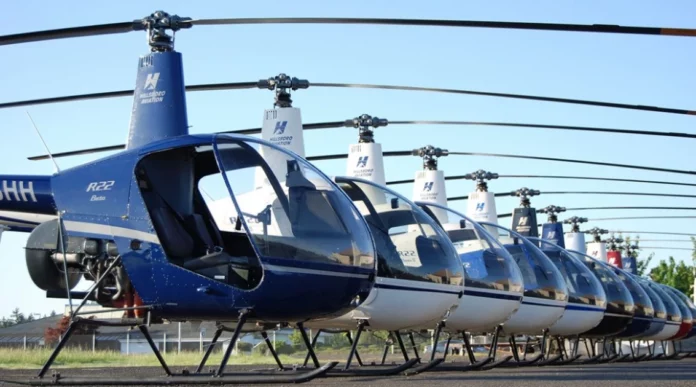Khat, also known as Miraa, is one of the most profitable crops grown in Kenya. The stimulant is majorly grown in the Mount Kenya region, especially Meru County, with most of the produce destined for the export market.
Musa Gurian is one of the businessmen who has made a tidy sum from this business. According to published reports, his business acumen in the trade has seen him own twelve private planes, mostly Cessnas and Pipers, that he uses to fly the stimulant abroad.
Despite being one of the wealthiest men and among the top private plane owners in Kenya, little is known about Gurian.
The Miraa Business
According to the Miraa export data from the Kenya National Bureau of Statistics for the 2008 to 2012 period, the highest foreign exchange export earnings from the venture reached a high of Sh 6.9 billion.
Most of Kenya’s miraa is exported to Somalia. Kenyan Miraa farmers suffered a major blow in 2020 after Somalia stopped importing khat after international flights were suspended due to fear of the spread of Covid-19.
Rich and Powerful: Top Kenyans who own choppers
Diplomatic issues later kicked in making it difficult for the resumption of the trade. The ban led to a loss of more than 50 tons of Kenyan khat valued at more than 20 million shillings a day.
The ban was lifted in June last year, coming as a boost to farmers who are eyeing good returns from the vast market.
Kenya’s exports of the stimulant had increased to 50 tonnes daily as of January this year from the 19 tonnes the country was allowed to export in July last year when the trade between the two countries resumed.
Mogadishu has, over the years, grown into a critical market for Kenyan Miraa traders accounting for 90 percent of the exports. Other markets include Djibouti, Mozambique, and Malawi.
By October last year, Kenya had earned at least 4 billion shillings from the sale of Miraa to Somalia after exporting at least 1.2 million kilograms of the commodity.
Kenya is also eyeing European countries for the export of the commodity after the stimulant was banned in these countries in 2014 after it was classified as a drug.









